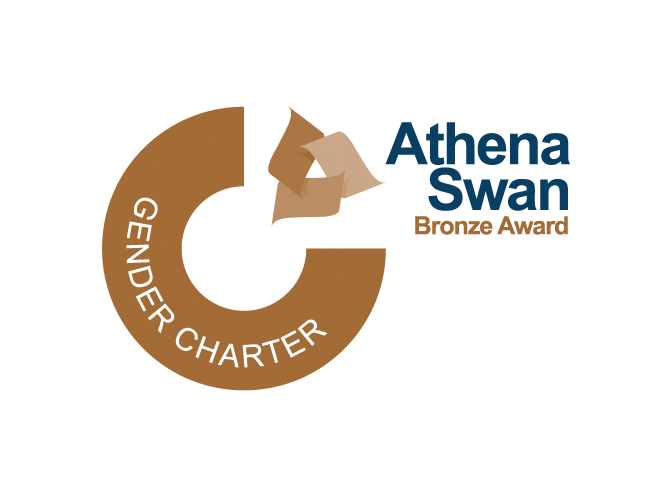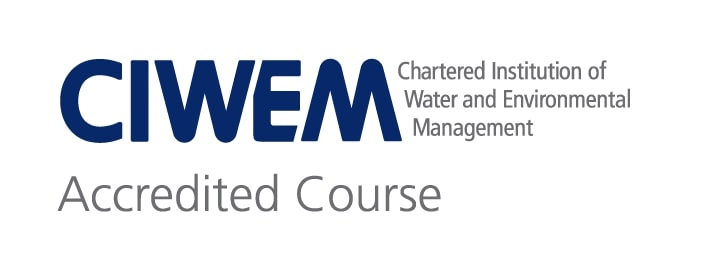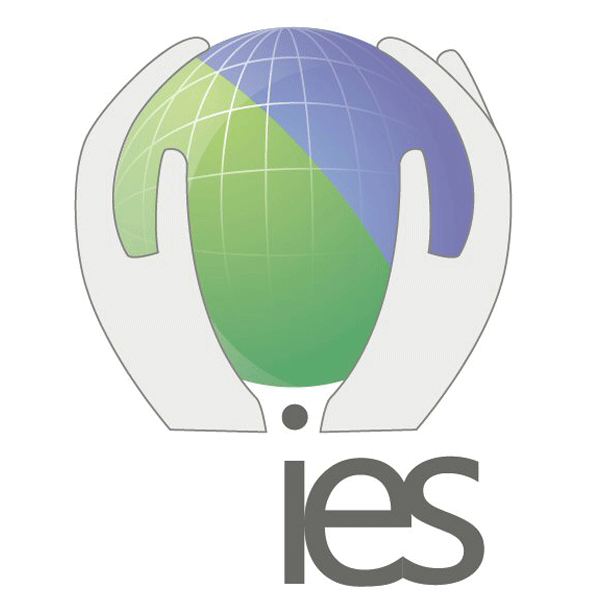Engaging with space technology to address malaria in Guyana
Staff from EEES are working with others from across the Open University on a new engaged research project.
Titled, “Integrated Space Technology Vector Control for Enhancing Community Health and Resilience Against Escalating Climatic Disruptions", the aim of this project is to co-design and pilot a system with the Indigenous community of Yupukari, , and to engage stakeholders from within Guyana and beyond in planning for the ‘Operational Phase’, which, if funded, would last for up to 4 years. 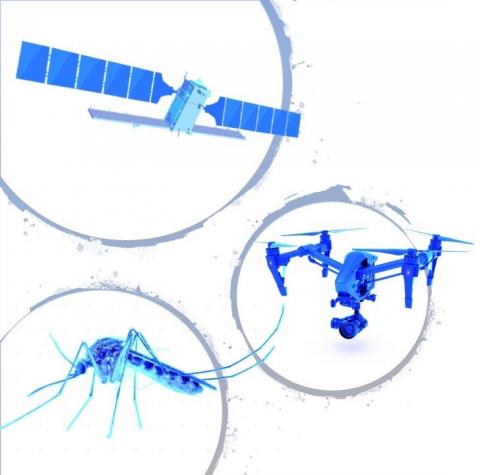
In the absence of an effective vaccine to prevent malaria, access to antimalarial drugs and the provision of sleeping nets and spraying of insecticides are the cornerstones of international programmes to combat the disease. However, in some countries, this strategy is failing.
The Open University has partnered with commercial enterprises (Blue Bear Systems, 2iC, BrainStreet Group), NGOs (Cobra Collective, Iwokrama, North Rupununi District Development Board), academic institutions (University of Guyana, Stirling University and Aberystwyth University) and the Commonwealth Centre for Digital Health, to develop a novel mosquito breeding site detection and control strategy using a combination of remote sensing, drone surveys, ground truthing and cloud computing.
Our strategy uses air-borne and ground-based sensors to acquire an array of environmental data which can detect where mosquitoes are most likely to breed and thereby provide valuable information on areas which are high risk. ‘Sprayer drones’ can then be automatically dispatched to these high-risk areas to release biocontrol agents which kill the mosquito larvae without affecting other species.
The project involves: Prof Karen Olsson Francis, co-lead on the drone research work package; Indranee Roopsind, managing community engagement; Dr Deirdre Jafferally and Dr Andrea Berardi as project co-Principal Investigators; Prof Jay Mistry, co-lead on the project's monitoring and evaluation work package; Dr Susanne Schwenzer, co-lead on the ground autonomous environmental monitoring rover research; Carol Ann Marcus, taking the overall project management role; Dr Raquel Thomas, co-lead on the human centred design work package; and Dr Alessandra Marino, joining Deirdre as co-Principal Investigator and also co-lead on the M&E work package.
For the full story, select: DETECT.
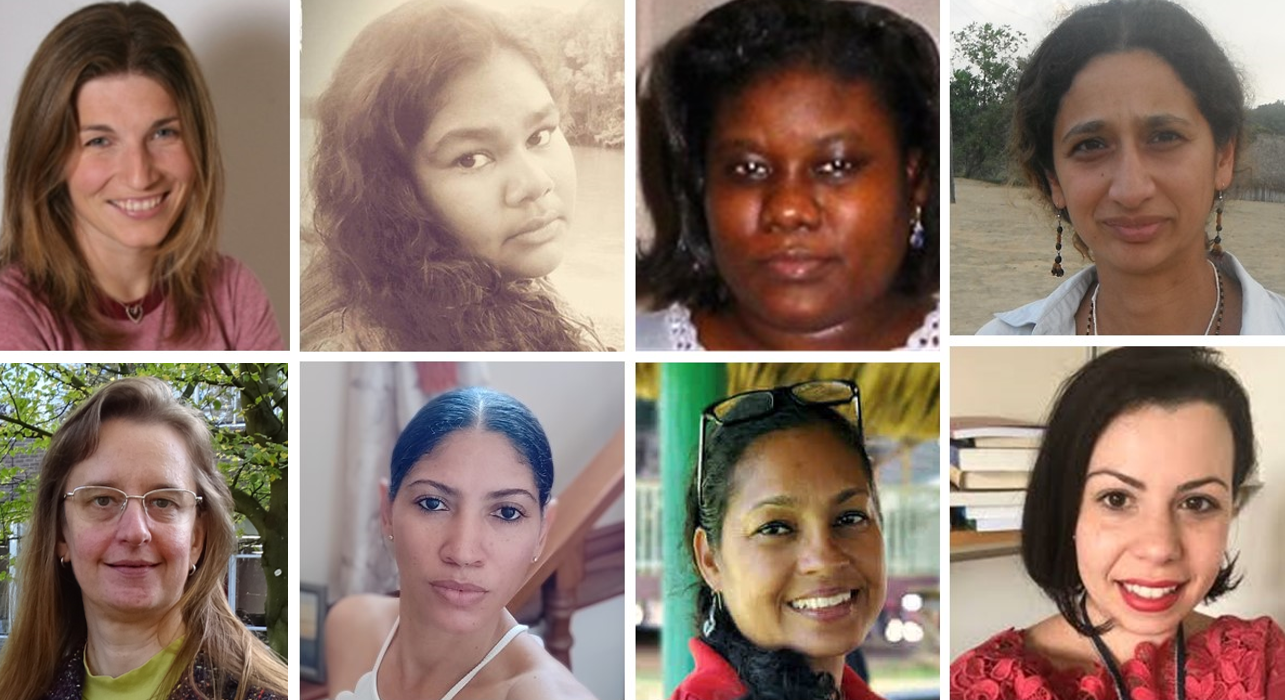
News
Celebrating Graduation in Manchester
On 22 November Professors Clare Warren, Mark Brandon and Richard Holliman, and Dr Barbara Kunz travelled to Manchester for an OU Graduation Ceremony.
EEES researcher to lead £800k project to improve global climate change predictions
An EEES researcher is leading a new Natural Environmental Research Council-funded project to improve our ability to predict climate change using cutting-edge analysis of fossilised algae molecules.
